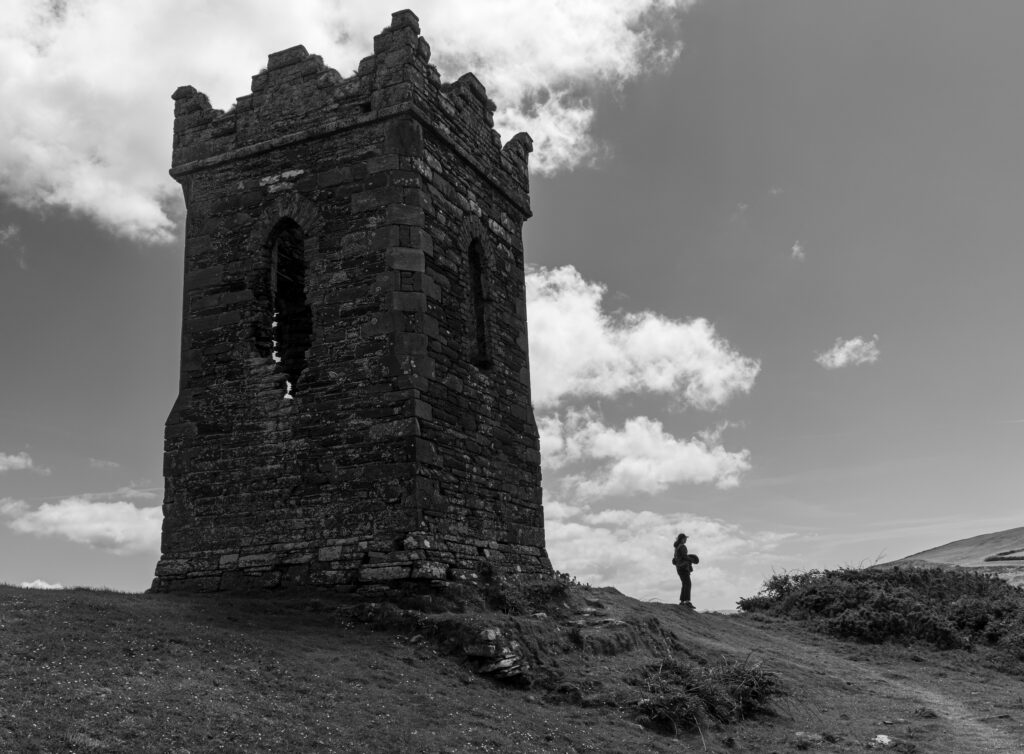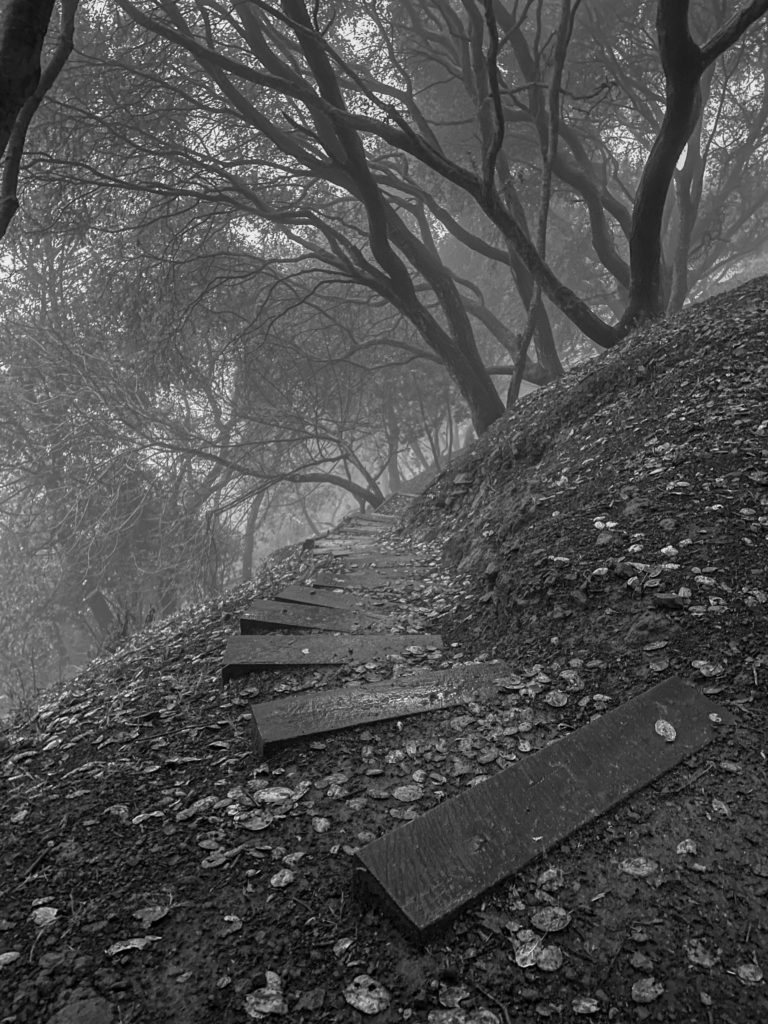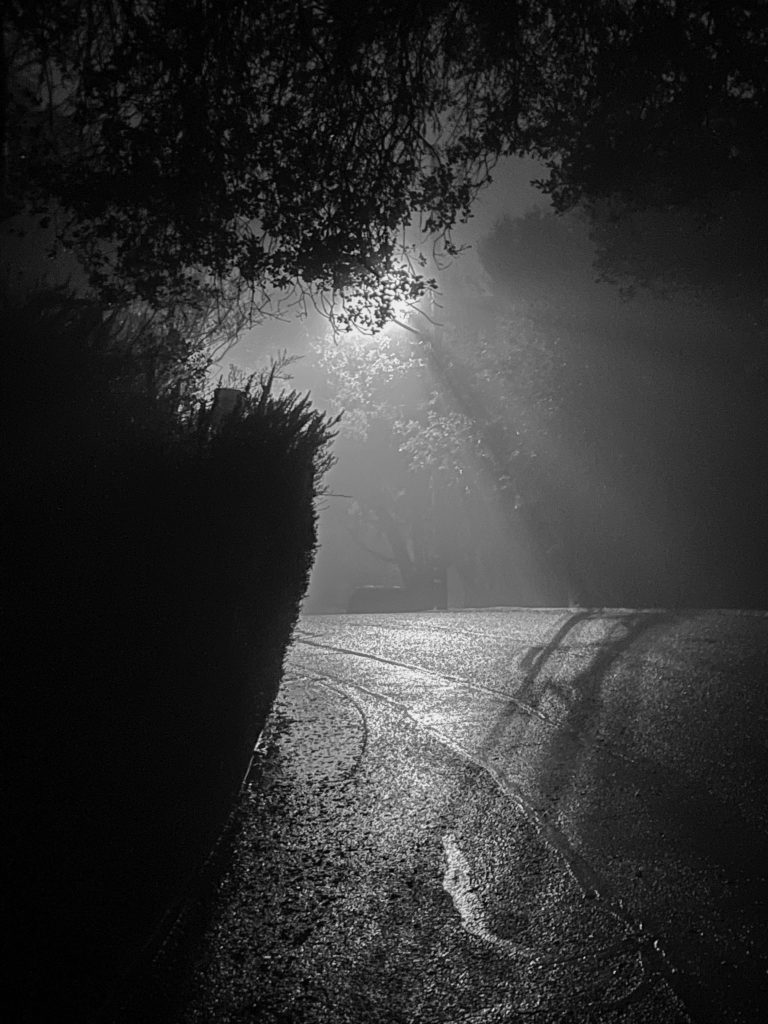
What’s going on here?
Conor McGregor, the former cage-fighting champion and Irish whiskey entrepreneur, has become de facto leader of an Irish anti-immigrant campaign with strong echoes of the U.S. MAGA movement. Further MAGA parallels: McGregor, who lost a civil suit alleging sexual assault earlier this year, has announced he’ll run for the Irish presidency. See: “Conor McGregor, MMA fighter, alleged rapist, Ireland’s next president?“
The first day of our trip to Ireland, back in late April, we ran into the aftermath of a McGregorite anti-immigrant rally in Dublin. It was staged just two days after the anniversary of the 1916 Easter Rising, which opened Irish nationalists’ initially failed, ultimately victorious effort to end British rule. Rally participants wrapped themselves, literally, in the Irish tricolor, and some chanted slogans like “Ireland for the Irish.” In Trumpian fashion, McGregor claimed a vast throng of more than 100,000 people turned out. Having been in the area where the rally was held, there ain’t no way a crowd anywhere near that size was present. Most sources estimated it at about 5,000.
The anti-immigrant gathering was followed immediately afterward by a smaller anti-racist rally and march that began in front of the General Post Office on O’Connell Street, hallowed ground in modern Irish history as the site where the Easter Rising of April 1916 began. We walked alongside the march a few blocks to its end point outside the Garden of Remembrance, dedicated to the memory “of all those who gave their lives in the cause of Irish freedom.”
Why were we seeing a sign mocking Conor McGregor and his followers in Derry, a place where he won’t be running for anything? I think it’s because McGregor’s rhetoric touches a nerve in a place that at least outwardly is still closely linked to the struggle for Irish independence and the associated fight to achieve civil rights for the minority Catholic population.
The city is part of the six counties partitioned from the rest of Ireland in the early 1920s, which remain part of the United Kingdom as Northern Ireland. The very name of the place is contested; in United Kingdom parlance, the town is called Londonderry. It’s famously divided along sectarian and the associated political lines, Protestant/Loyalist and Catholic/Republican. In Catholic/Republican parts neighborhoods, which is mostly what we saw, the ideology expressed in street art is still strongly, even radically, Republican, and embraces other liberation causes (Palestinian nationalism, for instance) and rejects McGregor’s narrow, reactionary, anti-immigrant nationalism.





